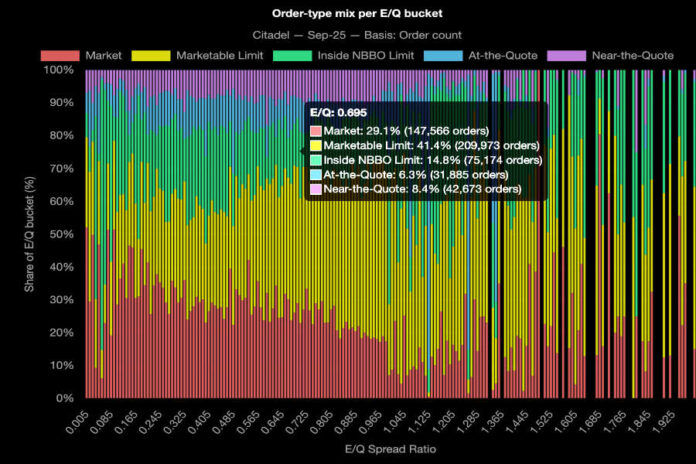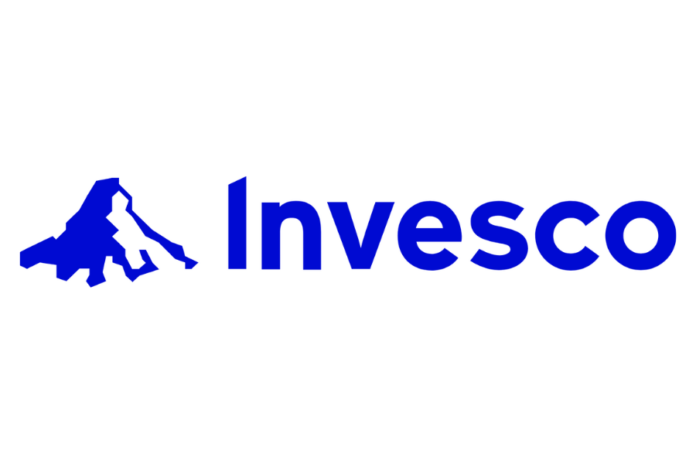Exegy has acquired French field programmable gate array (FPGA) trading solution specialist NovaSparks. The firms said the deal expands Exegy’s ultra-low latency market data normalisation and distribution capabilities. Financial terms were not disclosed.
Exegy, backed by private equity firm Marlin Equity Partners, has previously acquired Vela Trading Systems in 2021, and later added FPGA trading technology provider Enyx in 2022.
NovaSparks is known for its FPGA ticker plant and feed-handling technology, which normalises exchange feeds and builds order books in hardware to minimise processing time and network jitters. The company markets NovaTick as its flagship product and says it supports dozens of global venues across equities, futures and options.
The largest FPGA manufacturers AMD, and intel owned Altera did not answer to request for comments on the deal. According to Skyquest, the FPGA hardware market was valued at US$11.6b billion in 2024 and poised to grow four-fold in the next decade.
Market participants told Global Trading, that ‘off the shelf’ FPGA technology is becoming a minimum requirement for any active institutional trading operation using smart order routers.
Read more: The need for speed
In its announcement, Exegy said it intends to maintain existing NovaSparks offerings and invest in new solutions that combine both firms’ technologies. Exegy chief executive David Taylor said the purchase is part of the group’s strategy to broaden its low-latency offering.
He said: “We are thrilled to welcome NovaSparks clients to Exegy. We have a strong track record of blending the strengths of talented teams and proven products to elevate the user experience and deliver greater value to our clients, and we are excited to continue this strategy with NovaSparks,”
Exegy previously sued Novasparks over patent infringements before announcing a settlement of that dispute in 2023.
For Exegy, the acquisition brings additional FPGA engineering know-how and a expanded product line focused specifically on market-data normalisation and distribution.
NovaSparks’ CEO, Luc Burgun said: “Joining forces with Exegy allows us to improve our innovation and customer support capabilities. Our clients will continue to receive the ultra-low latency performance they rely on, but now with the backing of Exegy’s global presence and services infrastructure.”










